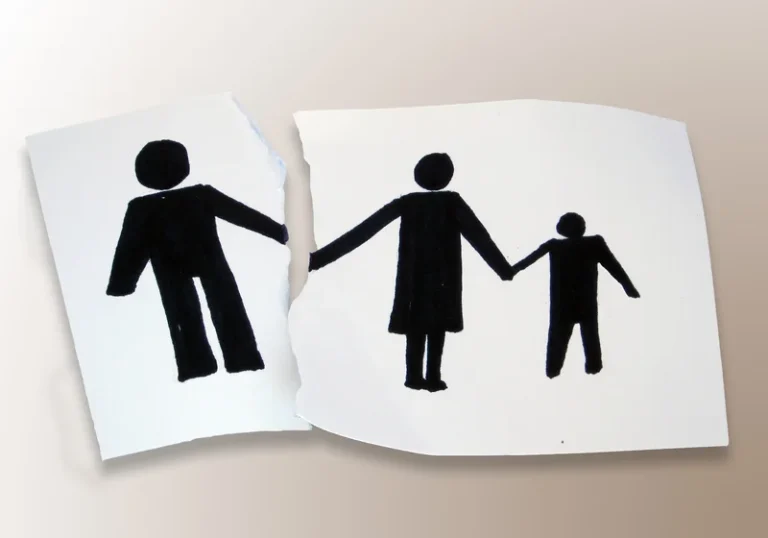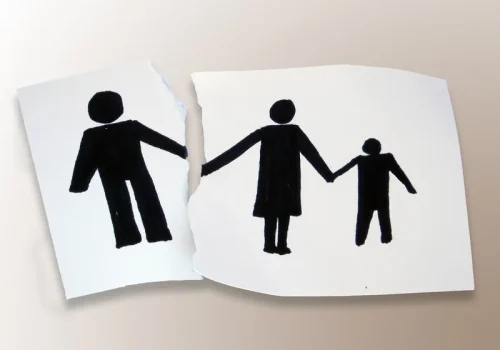
If the answer is yes, the child how to deal with someone who avoids conflict may form a secure attachment. If the answer is no, the child will form an insecure attachment. Conflict resolution will differ based on the conflict type. We often can’t change the two factors causing conflict; it can be where we live, our job, family, friends, etc.

What are the 3 Cs for resolving a conflict?

So they’re having some feeling that they’re not able to express in a direct or honest way. But if you have a little bit of compassion for that person, think about what’s actually not being said, because there’s something they don’t feel comfortable saying. And I’m wondering what you feel like you gained from being an avoider, or how it helps you.
Why is conflict avoidance not healthy?

Similarly, conflict avoidance isn’t good for our working relationships. A study on workplace incivility found that avoiding conflict doesn’t stop friction from reoccurring in the workplace. Plus, avoidance also led to increased emotional exhaustion. This style of managing conflicts is low in assertiveness and cooperativeness.

Avoiding
And I’ve tried to do it in a sort of neutral voice where I’m not getting worked up. Or someone might say, I grew up in a large Italian family. And now I’m in this really conflict-avoidant culture where I have to sort of tamp that down a bit. And I talk to people who say, I tend to be an avoider. People are willing to really engage in difficult conversations in a way that forces me out of my comfort zone.
The 5 Types of Couples
- In other words, how you fight matters more than how often you fight or what you fight about.
- Backed by over 50 years of research, the 30 Days to a Better Relationship challenge will help you reconnect with your partner and bring more positivity into your relationship.
- Miss a deadline, and you are likely to face conflict with your boss.
And what’s the best way to serve you and accept that you might have to get out of your comfort zone. You might have to get out from under the desk and say, you know, OK. I’m willing to address this, because it’s best for the project. They will confront their differences, but only on some topics and not on others. They can become highly competitive on some issues, which can turn into a power struggle. During conflict, validating couples are only mildly emotionally expressive.
- But I just want to make sure it doesn’t hurt either of our reputations, because I think our success really depends on each other.
- After, you’ve decided how you think you might respond, read ahead to see which style best matches your response.
- Negotiation and conflict-management research reveals how our differing conflict-management styles mesh with best practices in conflict resolution.
- And if you disagree with a fellow manager about whether to represent a client whose values you disdain, conflict is also likely.
- The IPT-A therapist serves as a positive attachment figure by giving adolescents space to disclose sensitive and personal information.
- Conflict avoiders minimize persuasion attempts and instead emphasize their areas of common ground.
Anxious/Ambivalent Attachment

Digging into your style can be enlightening and lead you to greater self-awareness. In addition, understanding your style of engaging in conflict can help you set new goals for personal growth. Approach-approach conflict and avoidance-avoidance conflict are both interpersonal, meaning within oneself. However, they create different outcomes and experiences.
Resolve issues in real-time
Which style a couple leans toward isn’t important; what’s more important for lasting satisfaction is that both spouses adopt the same style. By Heather JonesJones is a freelance writer with a strong focus on health, parenting, disability, and feminism. Finally, weigh your option and make an informed, final decision using creative thinking, complete perception, and divergent reasoning. After many unsuccessful applications, you finally get a prospective work proposal, but it’s a job you dislike with a lower salary than your previous one. “It’s OK to express that you need a moment or more to process your feelings before responding,” Spinelli says and adds that pausing before responding relieves the pressure to react immediately.




